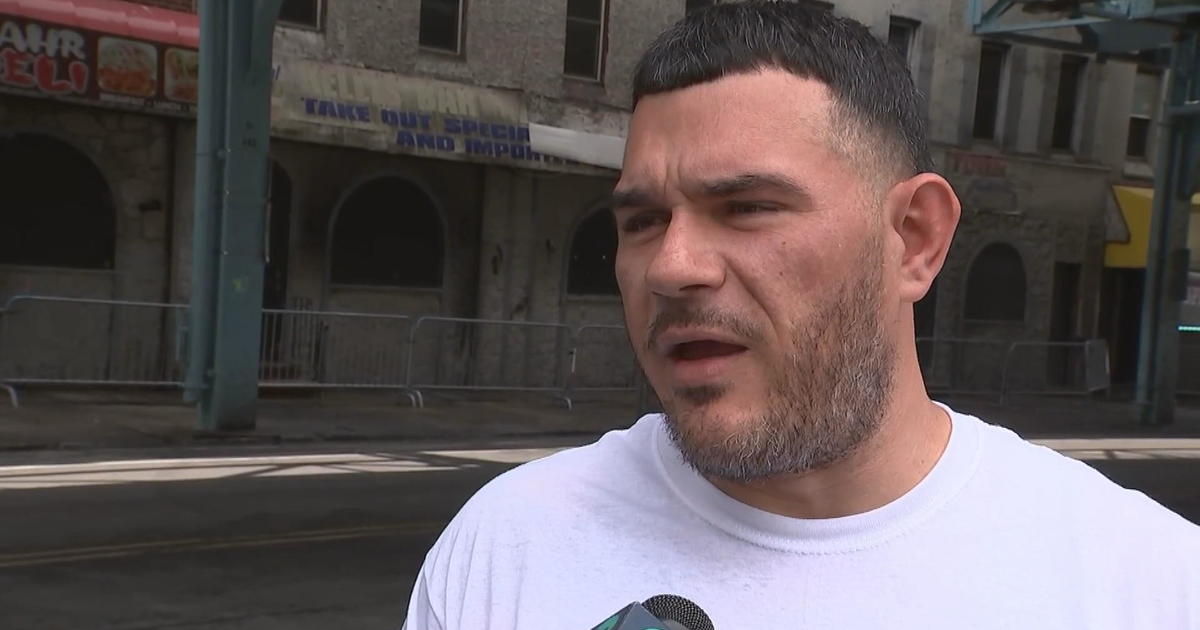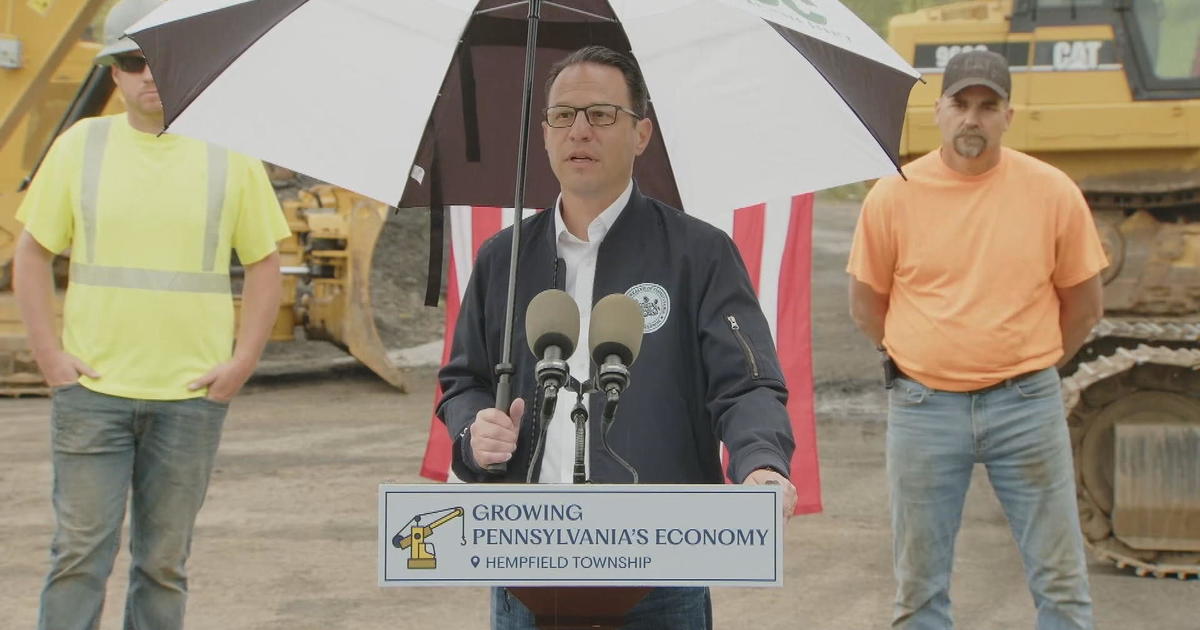Part 1: The Sluggish Recovery
PHILADELPHIA (CBS) -- Economists say the latest Great Recession ended in June 2009, yet unemployment remains above nine percent.
If a recession is marked by high unemployment, how can we possibly be having a recovery without more jobs?
"It's a complicated thing," says US Rep. Chaka Fattah (D-Pa., top right), and economics experts agree -- there are a lot of factors at work in the economy's behavior today, some unique to this recession.
"The economy was so damaged, it's like having a patient that had a heart attack and a stroke at the same time," Fattah told KYW Newsradio recently.
Jobs are always what is called a "lagging indicator" -- meaning they're the one of the last things to recover after a recession. But the amount of time it takes jobs to catch up has been getting longer with each downturn, and this one may set a record, according to Charles Plosser, president of the Federal Reserve Bank of Philadelphia.
"I wish I could forecast a faster improvement on unemployment," Plosser (middle right) said recently, "but it's going to take some time to resolve the difficult adjustments now under way in labor markets."
He says it could be years -- and some might call him an optimist.
There are those who believe jobs may never recover because so many have been shipped overseas.
Eric Nelson, of the Philadelphia Workforce Investment Board, agrees to an extent: "There are some jobs that will likely not come back."
But Nelson (bottom right) also says he has seen an increase in the number of jobs available in Philadelphia -- not enough to put everyone who was laid off in the recession back to work yet, but good jobs. And he believes more are coming.
The problem, he explains, is that the new jobs require skills that laid-off workers may not have. It's called 'skills mismatch' and, at this point in the recovery, it's a major factor in lagging employment.
There's also increased productivity: employers are doing more with fewer employees, with the help of technology.
But Nelson believes the economic expansion now taking place will overwhelm those factors.
"Being Americans, as we are, and maintaining our optimism, that trend is going to continue," he says.
Reported by Pat Loeb, KYW Newsradio 1060.






